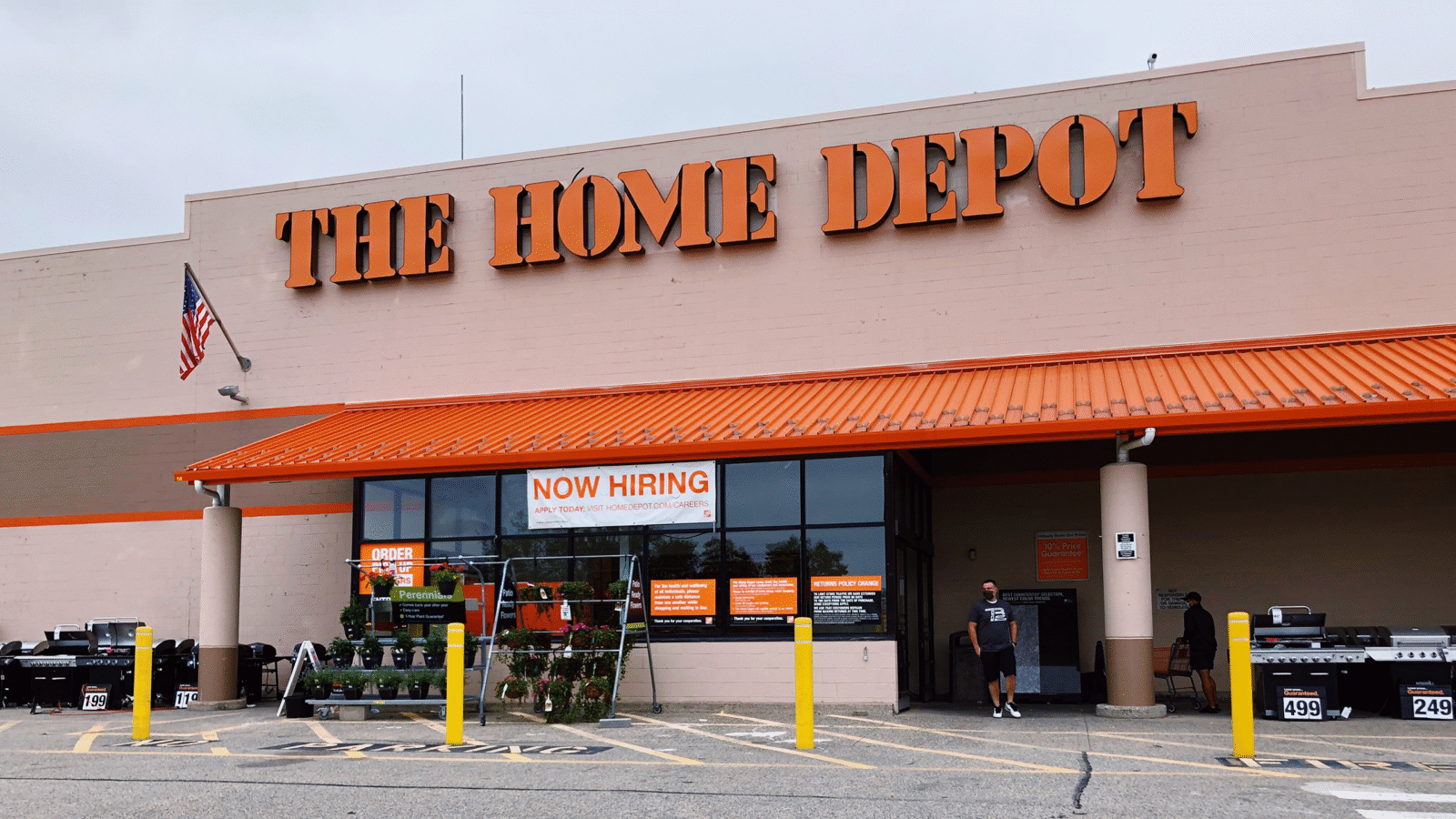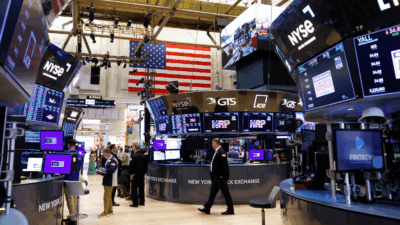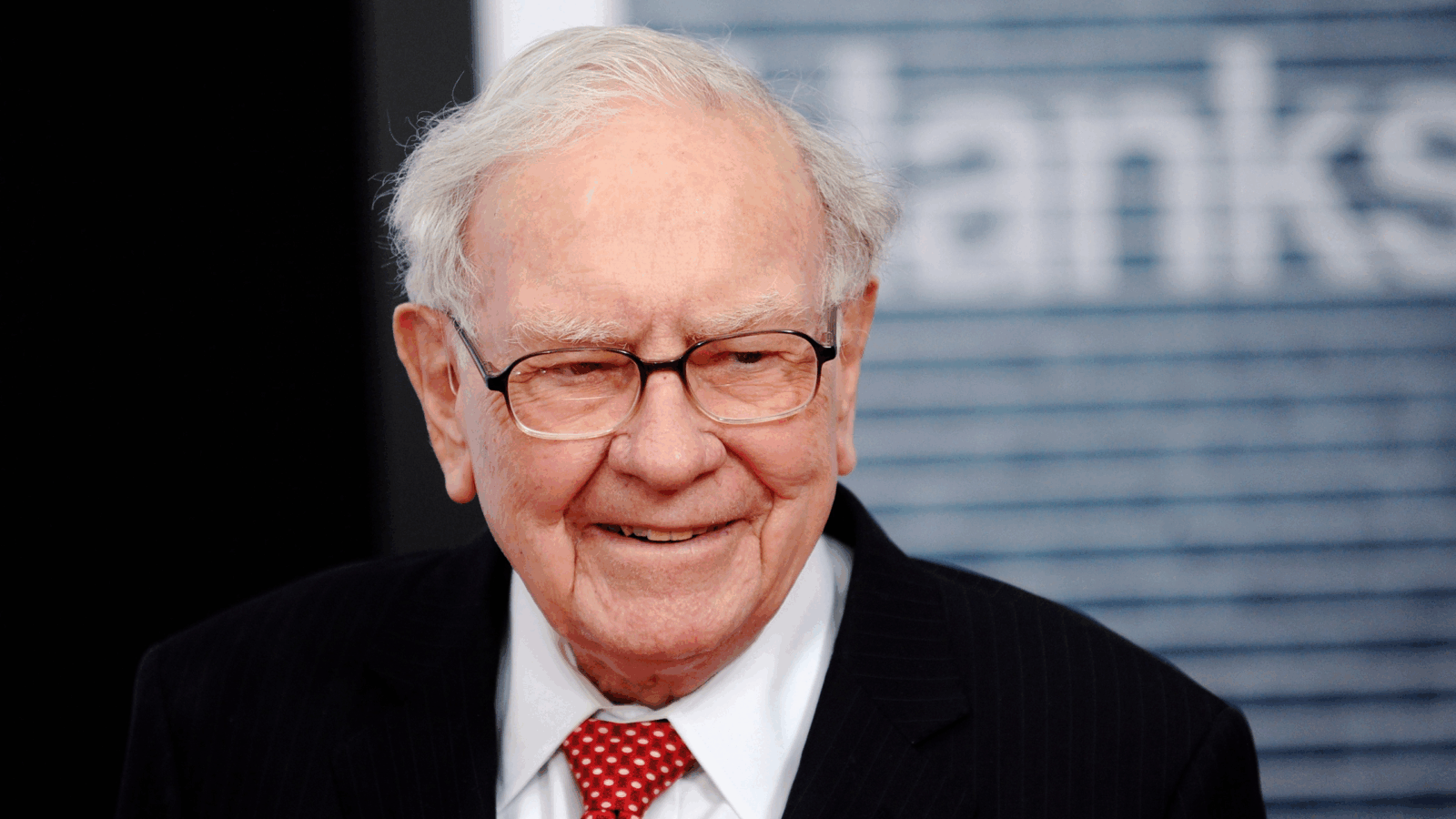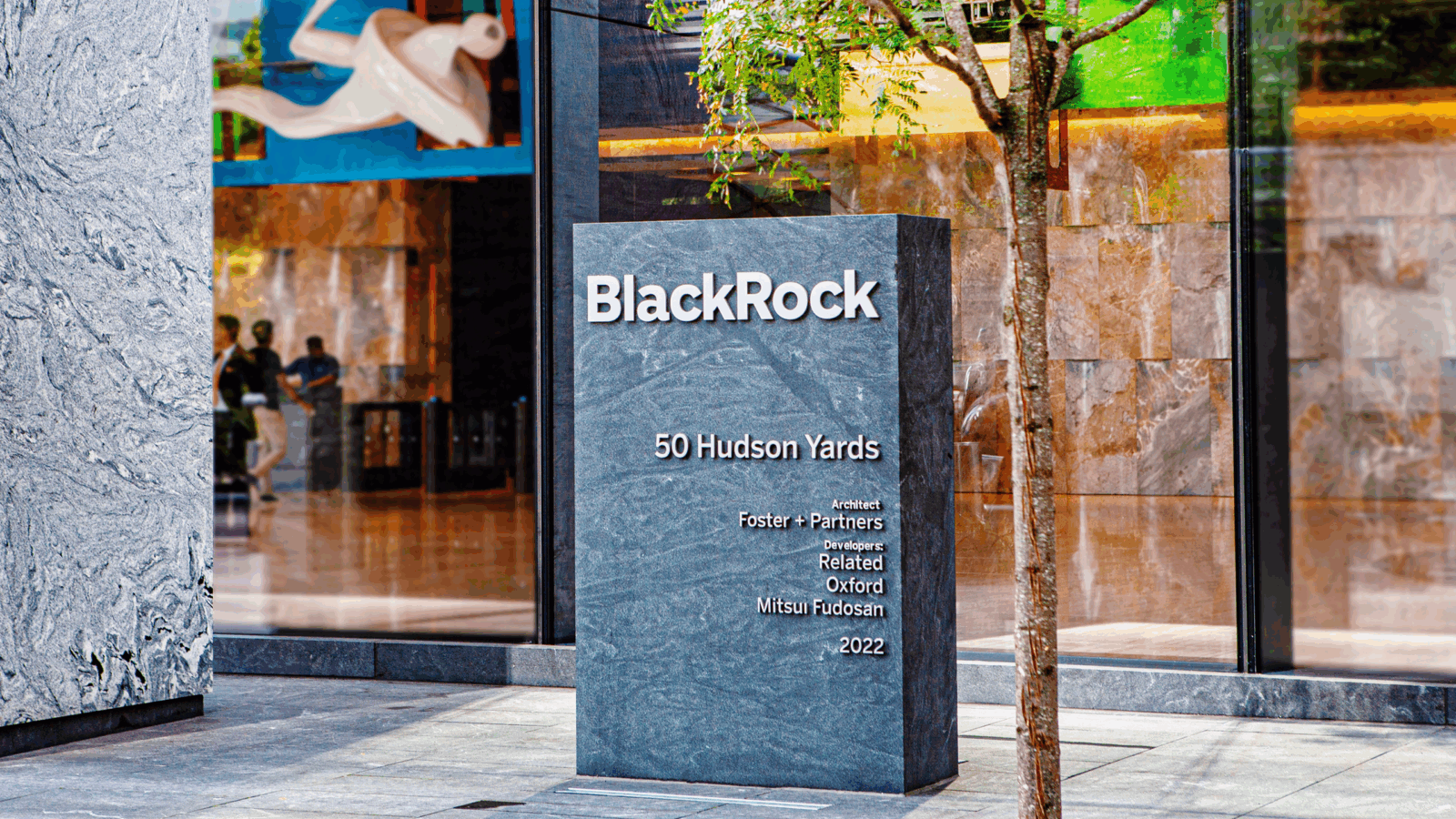
Sign up for smart news, insights, and analysis on the biggest financial stories of the day.
There’s a lot of Delta anxiety weighing on markets these days, but investors are pointing to one reason it’s okay to relax: U.S. companies have hoards of cash.
They’re also spending it, making large capital outlays to build factories and buy back shares, moves that analysts believe will boost stock prices to close out the year.
Primed to Spend
In the last few weeks, a range of companies across industries — from Tyson Foods to Rubbermaid and Morgan Stanley to liquor conglomerate Constellation Brands — have reported strong earnings, paired with plans to invest in research, build infrastructure, seek acquisitions, or repay shareholders via dividends or share repurchases.
With cash holdings of S&P 500 companies approaching $2 trillion — a 30% increase from a year ago, according to Dow Jones Market Data — the white-hot earnings season has made the environment for spending and buybacks as accommodating as ever:
- Goldman Sachs projects S&P 500 companies will boost cash spending — particularly on capital expenditures, mergers, and other business investments — to $2.8 trillion this year; a complete reversal from 2020 when firms flipped to slash-and-save mode during the pandemic.
- Through July, companies had already greenlit more than $680 billion in stock repurchases, more than any full year on record since 2000 (outside of 2018). Several analysts predict recent earnings growth and the return of capital through share buybacks are enough to buttress stocks until 2023.
“As long as they keep the money spread out, we say that is a good thing that is going to enhance productivity, potentially revenue growth,” John Augustine, chief investment officer at Huntington National Bank, told The Wall Street Journal.
Perfect Combo: Last week, Goldman Sachs raised its year-end target for the S&P 500 to 4,700 from 4,300, noting both the rise in corporate investments and the significant capital being returned to shareholders.











